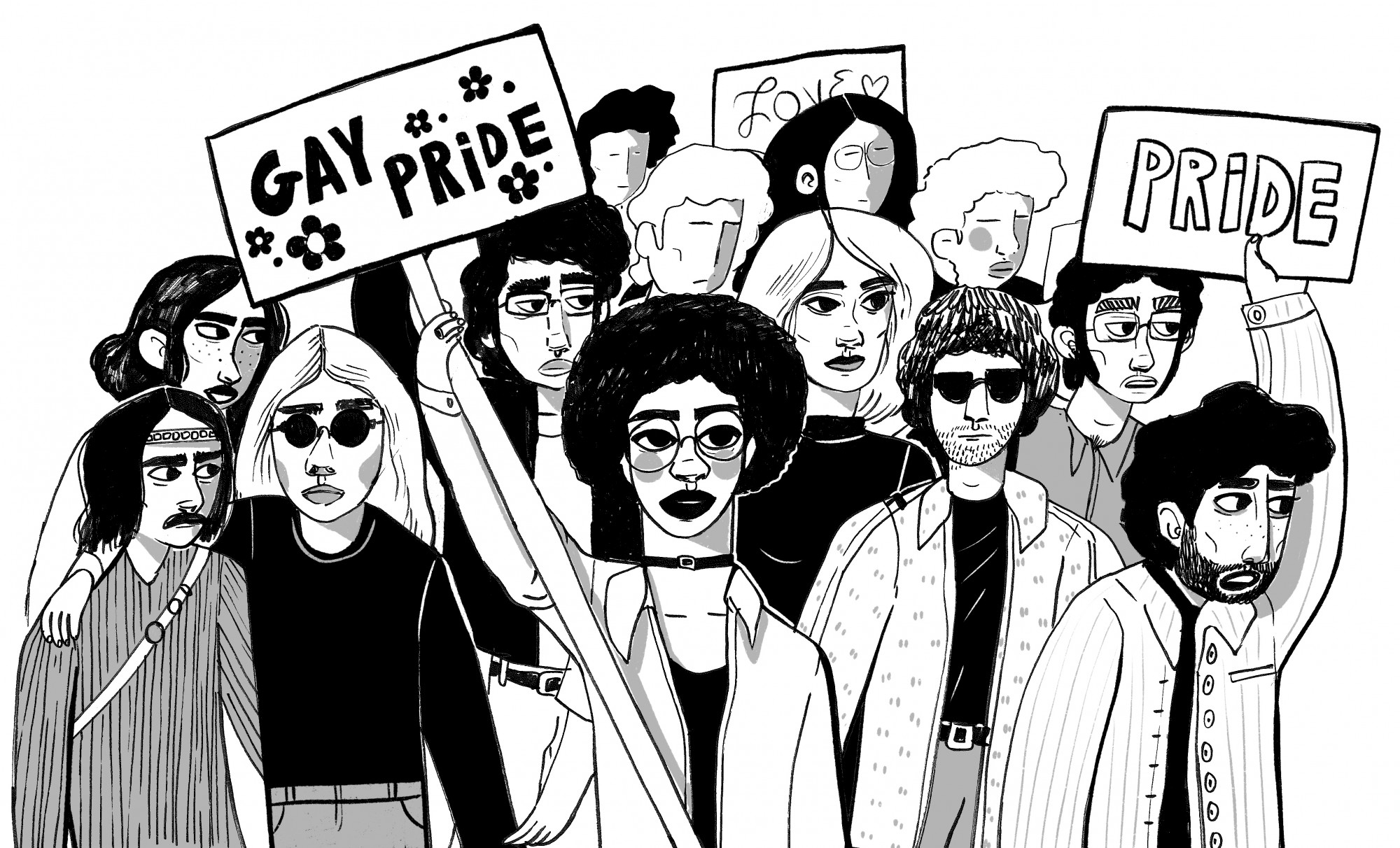Local government officials are partnering with University of Minnesota libraries to help preserve and display the history of the Stonewall riots’ impact in the Twin Cities’ transgender and nonbinary community.
The Minneapolis City Council approved an agreement Friday to transfer materials from a city oral history project to University Jean-Nickolaus Tretter Collection in Gay, Lesbian, Bisexual and Transgender Studies for preservation. The materials are part of the city’s Stonewall Oral History Project, which highlights how the riots impacted transgender and nonbinary people of color in the Twin Cities.
The city’s Division of Race and Equity commissioned the Stonewall Oral History Project this past summer to mark the 50th anniversary of the 1969 Stonewall riots in New York City.
The project, which consists of three videos and nearly a dozen interviews, aims to reflect on the legacy of the riots and its influence on the visibility of local transgender and nonbinary people of color.
Mariah Cannon, currently an intern in the city’s Division of Race and Equity office, worked on the project as an urban scholar as part of the office’s summer cohort. The project allows for interviewees and other trans and nonbinary people of color to reflect on Stonewall’s legacy and the community’s role in the uprising, which has often gone unrecognized, they said.
“They don’t move through society in the same way as someone who has privilege that is a white trans person,” they said. “When you allow the space for someone to tell their authentic narrative, have the power over their stories and really be able to share that with people, then it can be a stimulant for change.”
The City presented the project in September at the sixth annual Trans Equity Summit in Minneapolis.
To preserve the project’s materials, city officials also reached out to the University’s Tretter Collection, the largest archive of LGBTQ-specific historical materials in the Midwest. Discussions led to an agreement between the city and the University to house and preserve the project while making it available to researchers and the public.
Tretter Collection curator Rachel Mattson said transgender and nonbinary stories in the past were often told by individuals who aren’t part of that community, and in some cases in exploitative and dehumanizing ways. Oral histories like the Stonewall project attempt to remedy that and emphasize the importance of transgender and nonbinary stories being told in their own voices, she said.
“We’ve really only gotten a very narrow view on that history, and I think there’s so much more work to be done in that area,” Mattson said. “We’re really excited to be able to help preserve those stories and make those stories, or a few of them at least, available to the wider public.”
The Stonewall project joins the Tretter’s own Transgender Oral History Project, which is currently in its second phase. Ward 8 City Council member and City Council Vice President Andrea Jenkins conducted almost 200 interviews for the first phase of the project between 2015 and 2018.
Jenkins, the first black transgender woman to be elected to public office in the U.S., said providing the public with more resources to learn about the transgender and nonbinary community amplifies its voice.
“The more we can bring attention to these issues, and awareness and compassion and empathy to this community, the more likely it is that people can live healthy and fruitful and successful lives,” Jenkins said.







